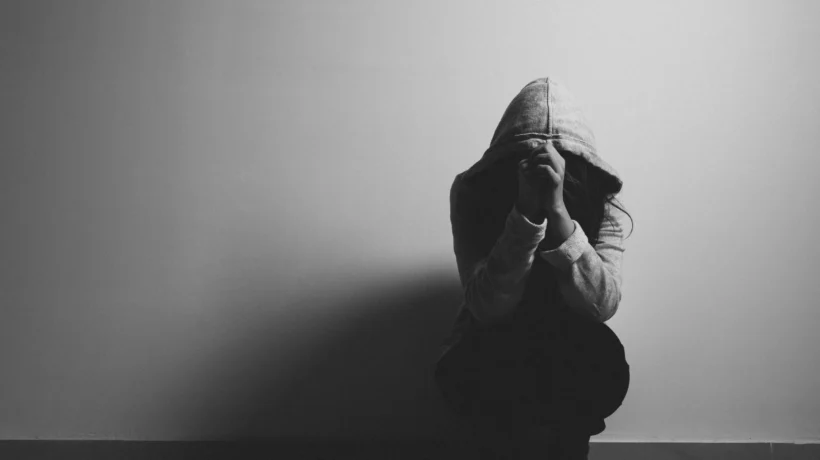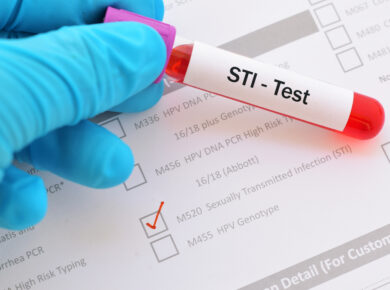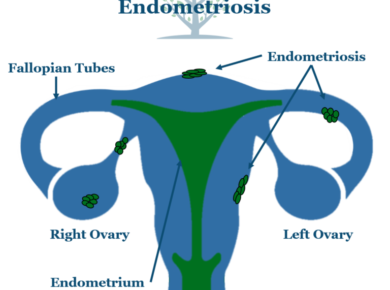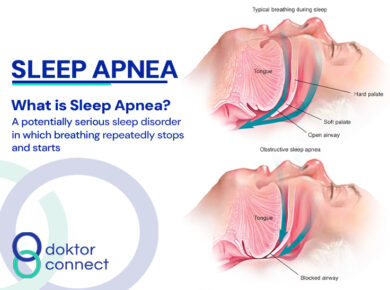Depression is more than simply feeling unhappy or fed up for a few days. Additionally, most people go through periods of feeling down, but when depressed, you feel persistently sad for weeks or months, rather than just a few days. Some people think it is trivial and not a genuine health condition. They’re wrong – it is a real illness with real symptoms.
What is depression?
Depression is a mood disorder that causes persistent feelings of sadness, emptiness, and loss of joy. It is unlike the mood fluctuations that people regularly experience as a part of life. Major life events, such as bereavement or job loss, can trigger it. But depression is distinct from the negative feelings a person may temporarily have in response to a difficult life event. it often persists despite a change of circumstances and causes feelings that are intense, chronic, and not proportional to a person’s circumstances. This condition can last for several weeks, months, or years. Furthermore, for many people, it is a chronic illness that gets better and then relapses
Signs and symptoms.
Depression can cause a range of psychological and physical symptoms :
- persistent depressed mood
- loss of interest or pleasure in hobbies and activities
- changes in appetite and body weight
- unusually slow or agitated movements
- decreased energy or fatigue
- difficulty sleeping or oversleeping
- excessive feelings of guilt or worthlessness
- difficulty concentrating or making decisions
- thoughts of death or suicide, or suicide attempts
What causes depression?
Various factors can cause depression:
- Brain chemistry: Abnormalities in brain chemical levels may lead to depression.
- Genetics: If you have a relative with this condition, you may be more likely to become depressed.
- Life events: Stress, the death of a loved one, upsetting events (trauma), isolation, and lack of support can cause it.
- Medical conditions: Ongoing physical pain and illnesses can cause the condition. People often have depression along with conditions like diabetes, cancer, and Parkinson’s disease.
- Medication: Some medications have depression as a side effect. Like, recreational drugs and alcohol can also cause it or make it worse.
- Personality: People who are easily overwhelmed or have trouble coping may be prone to depression.
Treatment
The condition is treatable however, treatment may depend on the exact type a person is living with.
Managing symptoms:
- Support: This can range from discussing practical solutions and possible causes to educating family members.
- Psychotherapy: Also known as talking therapy, some options include one-to-one counseling and cognitive behavioral therapy (CBT).
- Drug treatment: A doctor may prescribe antidepressants.
If you, family members or friends experiences any of these symptoms, they should speak to a doctor.






